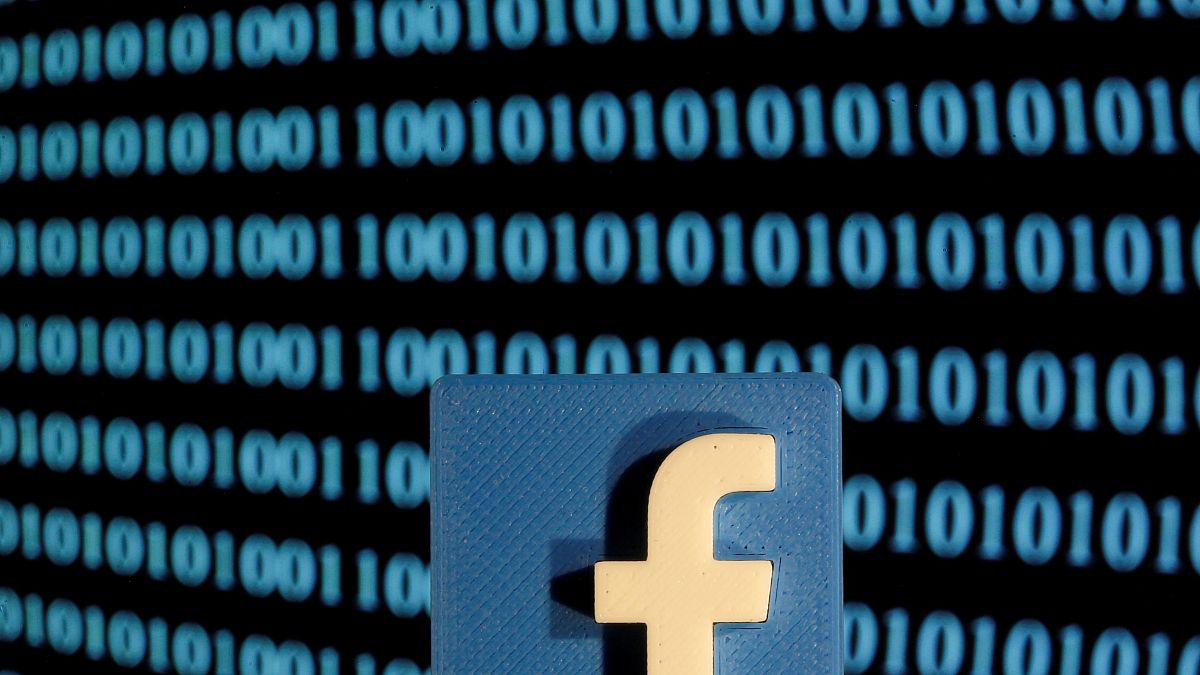Facebook ruling that could affect feeds around the globe | #TheCube
Europe's top court has made a ruling that could affect social media feeds throughout the globe. The case dates back to 2016 when an Austrian parliamentarian, Eva Glawischnig-Pieczek, noted a defamatory post against her on Facebook.
She flagged the content to Facebook, who at the time, did not remove the post. On October 3 - three years after Glawischnig-Pieczek's complaint - the European Court of Justice (ECJ) ruled that member states can ask Facebook to remove content that is illegal within their jurisdictions. But how will this ruling affect what you see on your newsfeed?
It has been labelled a landmark case, but what do we know?
It may not be the most crucial case for Facebook, but it is significant. Firstly, the ruling will mean that Facebook will have to adhere to the laws of each member state. Each state will have to determine what kind of content is 'illegal' in accordance with its laws. If a post is deemed illegal within a particular member state, Facebook will have to remove that post. It will not, however, have to act proactively.
Secondly, it is then determined on a member state level whether the content should be removed on a national level, so whether the content will be "geo-blocked", or removed on a global level. It will be up to the particular member state to enact international law to block content on a worldwide scale.
Facebook will then have to remove "equivalent" posts, removing "content of which is equivalent to the content of information which was previously declared to be unlawful".
Why is it controversial?
To break this down further, The Cube's Helena Skinner spoke to Dr. Nikolas Guggenberger, the Executive Director of the Information Society Project at Yale Law School. Dr. Guggenberger first noted that the ruling by the European Court of Justice (ECJ) simply means that "EU law stands not in the way of that. There is nothing in EU law that would stand in a way of such an order".
There are, however, caveats to the ruling. "It will certainly make it easier for users to make Facebook remove certain content," Dr. Guggenberger said. The ruling brings in the question of what kind of content you will see on your feed. That is because it will depend on the definition of libel, slander or insults in a particular member state and that country can choose to block that illegal content on a global level. "The law of the member state in question will no longer only define what you see within that member state. But it will also define what is viewable or accessible anywhere on Facebook."
Is this a step in the right direction?
Upon asked whether this is a step in the right direction, Dr. Guggenberger noted the complications. "I think the biggest problem with this is that it leads to a further fragmentation of the rules that are applied online. And what comes with that is if every member state now were to aim to enforce their rights and if Facebook has to comply with all those different requests for removal on a global scale, that means that more or less the strictest requirement, the strictest member state interpretation of what you can post online will have a defining capacity on what you see on the social network," he said.
Does it impeed free speech? Again, the answer is not simple. "It doesn't necessarily restrict free speech if you look at only one member state. If you look at it from a French perspective, it would only help to enforce French law. If you look at it from a German perspective, it would only allow it to enforce German law and so on. Now the problem is that if you apply all these standards not only within the respective member state but if you allow a court to basically define the content of the global network, that means that that particular member state can define, can set the libel rules, the defamation rules that they deem appropriate for their jurisdiction for the entirety of the network and that is a global level. That is what is a bit problematic."
What are "equivalent" posts?
The term "equivalent" brings with it more questions, with Dr. Guggenberger describing it as "vague", noting that it is far from clear as to what the obligation will look like in practice. "What does it mean that Facebook only needs to block or remove something where they don't have to engage in a new examination of the legality of that content. What does that mean in practice? What if I change a question mark to an exclamation point or visa-versa. Does that require additional examination? We don't really know."
"The court only says that the duty does not only require Facebook to remove identical posts, Facebook can also be required to remove content that is equivalent. And the Court says equivalent is content that Facebook does not need to engage in a new examination to determine whether or not that content is illegal as well. Illegal according to the rules of member states."
What is clear is that the debate will continue on how to monitor and police social media platforms.
Click on the player above as The Cube explains more.


